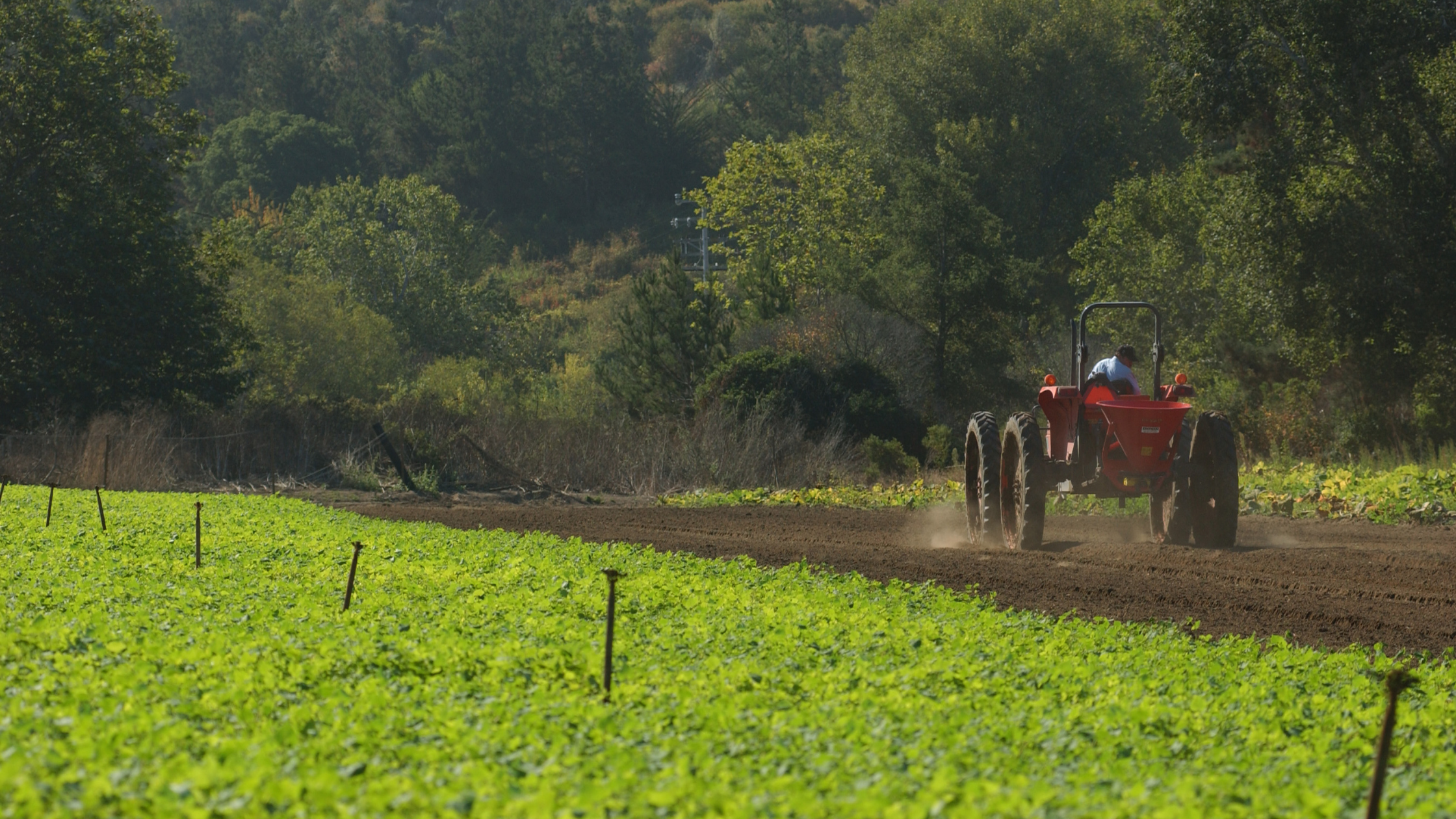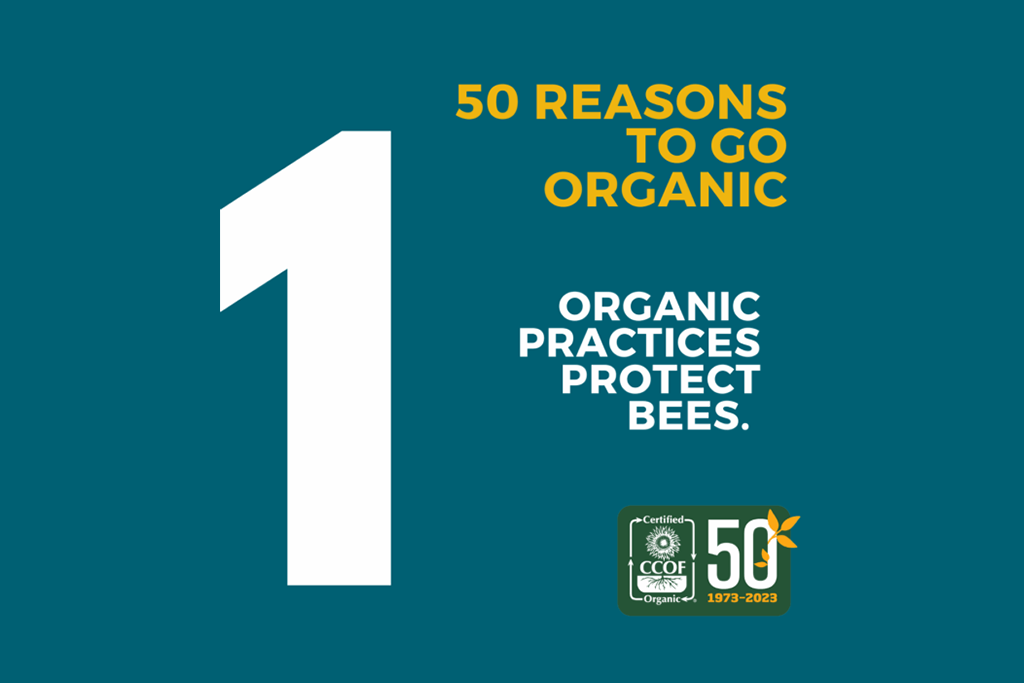
We recently contacted all CCOF-certified operations to provide additional information related to Strengthening Organic Enforcement (SOE) rulemaking by the USDA National Organic Program. The information below is a recap of the recent communication from CCOF. We are informing you of these changes to ensure that you are aware and can act by March 19, 2024, if needed.
- Action—Review your audit trail documentation. These elements should already be part of your audit trail, but please review your documentation to ensure that you comply.
- a. New requirement—All audit trail records and documents must identify crops/products as “100% Organic” or “Organic” or must use an easily understood abbreviation or acronym, such as “100% OG,” “Org,” etc. § 205.103
- b. New requirement—Audit trail documentation must be traceable back to the last certified operation. § 205.103, 205.307
- c. Background—Audit trail documents trace an organic crop/product from production (or purchase/acquisition) to sale or transport to the next certified operation in the supply chain.
- Action—If you have nonretail containers or unpackaged products, review your nonretail labeling. Send any new or updated labels to CCOF before March 19, 2024, for pre-approval prior to printing or use. § 205.307
- a. New requirement—Nonretail containers must identify product as organic (unless container holds products packaged for retail sale with organic identification visible through the nonretail container).
- b. New requirement—Nonretail containers must display product lot number, shipping identification, or other unique information that links the container to audit trail documentation.
- c. Background
- i. A nonretail container is any container used to ship or store organic products that is not used in the retail display or sale of the product. Common examples of nonretail containers include produce boxes sent to distributors or retailers, bins/totes sent to packers or processors, master cases of wholesale packaged products, railcars/trailers/tanks/vessels used to transport bulk unpackaged products, and grain elevators/silos for unpackaged product storage.
- ii. Temporary signage and abbreviations such as “O,” “ORG,” etc., may be used to meet these requirements. This change applies to nonretail containers that move through the supply chain.
- iii. Vehicles or vessels that transport other nonretail containers do not need to also be labeled with the above information; the nonretail containers must bear this information (e.g., labeled cases within a trailer, but the trailer does not need to be labeled).
- Action—If your operation sources organic products or sends organic products to other operations for storage, handling, or processing prior to the sale to your customer, review your Organic System Plan (OSP) and refer to the updated version of CCOF’s OSP G8.0 form. If you need to make changes to your OSP to reflect fraud prevention practices, send us the updated G8.0 form or a description of your fraud prevention plan before March 19, 2024. § 205.201
- a. New requirement—The Strengthening Organic Enforcement rule update has added a requirement for certified operations to create and maintain a fraud prevention plan in their OSP. Activities such as sourcing organic products or sending organic products to other operations for storage, handling, or processing prior to the sale to your customer require measures to prevent fraud or accidental representation of non-organic products as organic.
- b. Background –
- i. Your OSP must reflect the practices and procedures you use to verify organic status of the product(s); the scale of this fraud prevention plan should reflect the complexity of your activities.
- ii. Various parts of your OSP may already describe fraud prevention practices (e.g., how you monitor certificates and the organic status of products sourced from or sent to other operations).
- iii. We have updated the OSP G8.0 Record Keeping form to include a new consolidated section on fraud prevention. If your OSP needs to be updated to reflect the practices you use for certificate monitoring and fraud prevention, you may complete this form or send a description of your fraud prevention plan.
These reminders will appear in your next Compliance Report and will be verified at your next inspection.
For more information, please see the USDA National Organic Program’s Strengthening Organic Enforcement website as well as CCOF’s SOE webpage. We are continually developing new resources to support you. We appreciate your participation in the CCOF Organic Certification Program and your dedication to organic agriculture.
